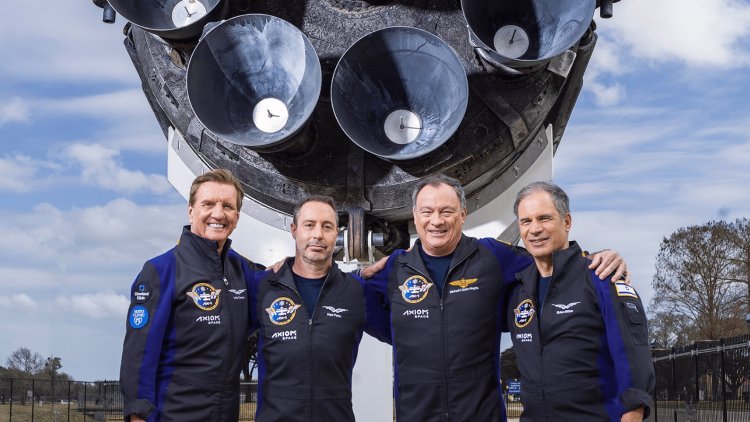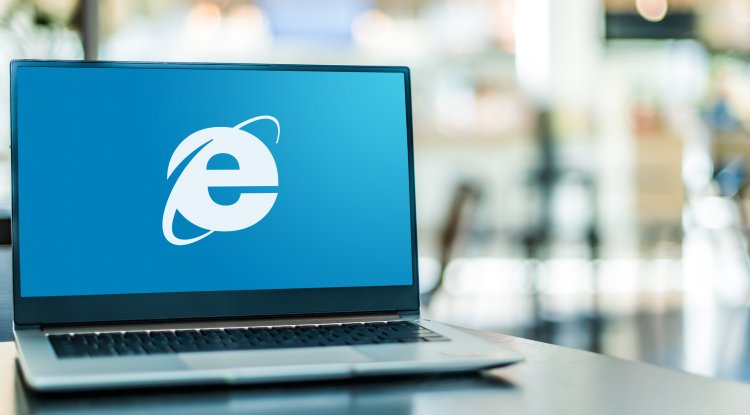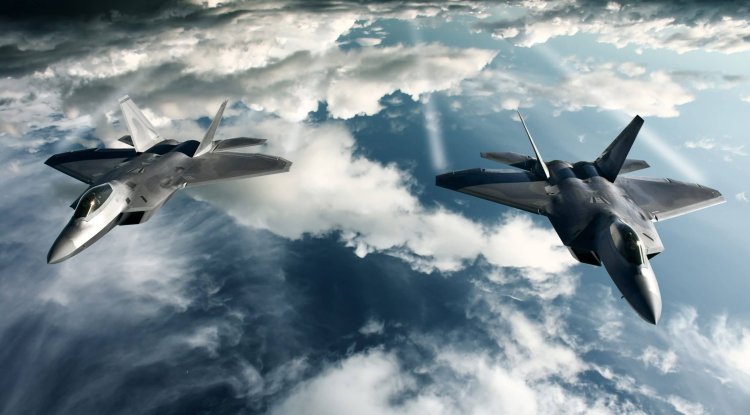SpaceX: The first private mission to the ISS

What appeared unthinkable only a few years ago appears to be gradually becoming a more common occurrence. And it is this weekend that SpaceX and Axiom Space successfully launched the first space voyage with a completely private crew heading for the International Space Station (ISS), opening the way for future space travel normality.
Although, for the time being, this milestone and activity are still limited to the few who can afford it, with pricing remaining exorbitant, having had to spend no less than 55 million dollars per participant.
The project, which is a collaboration between Axiom, SpaceX, and NASA, has been hailed by all three as a crucial step toward growing commercial space operations known as the low-Earth orbit economy, or economy. "We're taking commercial firms off the planet and into space," NASA Administrator Bill Nelson stated before the voyage.
Thus, the mission's crew included Hispanic-American Michael López-Alegra, a former NASA astronaut and flight commander; American Larry Connor, founder of the real estate investment firm Connor Group; Israeli Eytan Stibbe, a former fighter pilot and founder of the Vital Capital investment fund; and Canadian Mark Pathy, executive director of the investment and financing firm Mavrik.
Although they are not professional astronauts, this crew had to go through hundreds of hours of specialized training provided by SpaceX and Axiom Space in order to participate in this mission, learning basic protocols such as using the food kitchen, practicing hygiene personnel in microgravity, and even emergency response training in case something went wrong aboard the ISS.
Following their safe launch on Friday, the four astronauts launched from Florida's Kennedy Space Center on SpaceX's Falcon 9 rocket, confirming their arrival at the International Space Station earlier today, making it the first mission of an entirely private manned trip to the station.
According to launch analysts, the rocket's upper stage placed the crew capsule into its preliminary orbit nine minutes after launch. Meanwhile, after being separated from the remainder of the spaceship, the rocket's reusable lower stage soared back to Earth and safely landed on a landing pad floating on an unmanned ship in the Atlantic.
The crew will spend eight days on the ISS's US component, conducting more than 25 different research projects. Following that, they will board the same Crew Dragon spacecraft that is presently transporting them to the ISS and land in the Atlantic Ocean.




























